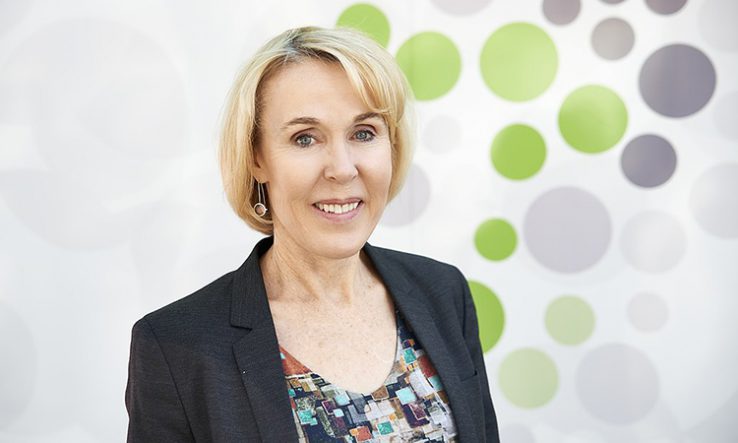
Image: Sasusie [CC BY-SA 4.0], via Wikimedia Commons
South African scientist claims Ebola outbreak taught the world value of haste
A top South Africa’s health researcher has defended the speed of the development of Covid-19 vaccines, saying the world learnt about the importance of haste after the West African Ebola outbreak in 2013.
“We did rush [the research] because it is a pandemic. Yes, we did speed up but we had already recognised post-Ebola that we couldn’t do business as usual,” Helen Rees told a webinar on 22 September.
Rees is the council chair of the South African Health Products Regulatory Authority and an expert advisor to the World Health Organization. She also serves on South Africa’s coronavirus vaccine expert group. Rees and the regulatory authority were attacked by the Economic Freedom Fighters party in July after the EFF said they had been “captured” by Western pharmaceutical companies.
“When the pandemic came along there was already a lot of research going on into other vaccines that we could quickly modify, including the Ebola vaccine,” she told the webinar. According to Rees, the Ebola vaccine became the basis for the Johnson & Johnson SARS-CoV-2 vaccine.
In the wake of the Ebola outbreak researchers also worked on “vaccine backbones”, which could be used to quickly develop vaccines against new pathogens. This technology, Rees said, spawned the Moderna vaccine.
The notion that Covid-19 vaccines were rushed is often put forth by conspiracy theorists to cast doubt on vaccine safety. But Rees said that, along with the lessons of Ebola, researchers worked smarter to accelerate the speed of development. This included overlapping and linking traditional vaccine phases.
“Not a single step of development was missed, and at each step of the way issues around safety and efficacy were properly answered,” she said. She added that authorities were continually monitoring the safety of the vaccines being developed.